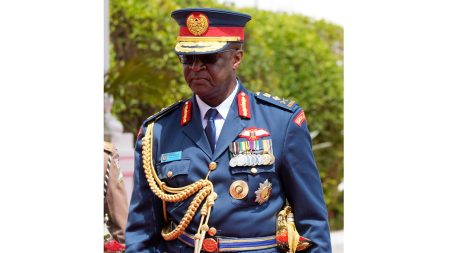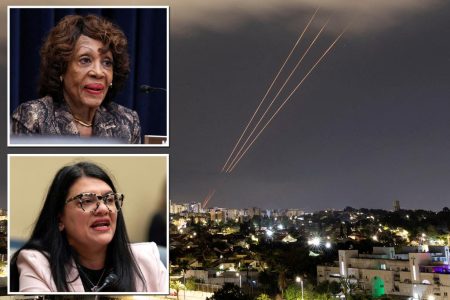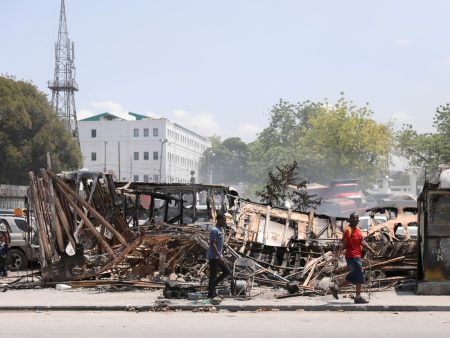A suicide bomber killed Abu Maria al-Qahtani, the co-founder of Hayat Tahrir al-Sham, a main al-Qaida-linked group controlling much of northwestern Syria. The details of the incident were conflicting, with some activists claiming it was a remotely detonated bomb instead. The small enclave of northwestern Syria is the last rebel-held territory in the country, with most of the 4.5 million people living there relying on humanitarian aid for survival. Al-Qahtani’s killing occurred amidst protests against his group and its leader, Abu Mohammed al-Golani, over their harsh rule and worsening economic conditions.
Al-Qahtani, an Iraqi citizen, had been a longstanding member of al-Qaida who fought against U.S. forces in Iraq following the 2003 invasion. He relocated to Syria in 2011, shortly after the country’s civil war began. In March, he was released from detention by his own men over social media misuse allegations. Following his release, he was dismissed from his position as a senior official within the group. Al-Qahtani was rushed to a hospital after the explosion but succumbed to his injuries. The war monitor reported that two other guests were wounded, while a medical official stated that a total of nine individuals were injured in the attack.
Hayat Tahrir al-Sham controls the Idlib province in northwestern Syria, while Turkey-backed opposition groups hold the northern Aleppo province. The regions are home to millions of people who heavily rely on humanitarian assistance, with a significant portion living in displacement camps. Public discontent against al-Golani and Hayat Tahrir al-Sham has been on the rise due to the group’s crackdown on dissenting members and street protests. The killing of al-Qahtani and the ongoing unrest within the group reflect the complexity and volatility of the situation in northwest Syria.
The Britain-based Observatory for Human Rights, a war monitor with a network of activists on the ground, reported that the suicide bomber entered al-Qahtani’s guesthouse in Sarmada in Idlib province and detonated his explosives. The conflicting accounts of the incident underscore the challenges of obtaining accurate information in a conflict zone. Al-Qahtani’s death serves as a reminder of the ongoing violence and instability in Syria, as well as the power struggles within militant groups operating in the region. The aftermath of his killing also highlights the fragility of the humanitarian situation in Idlib and Aleppo provinces, where millions of people are in dire need of assistance for their survival.















